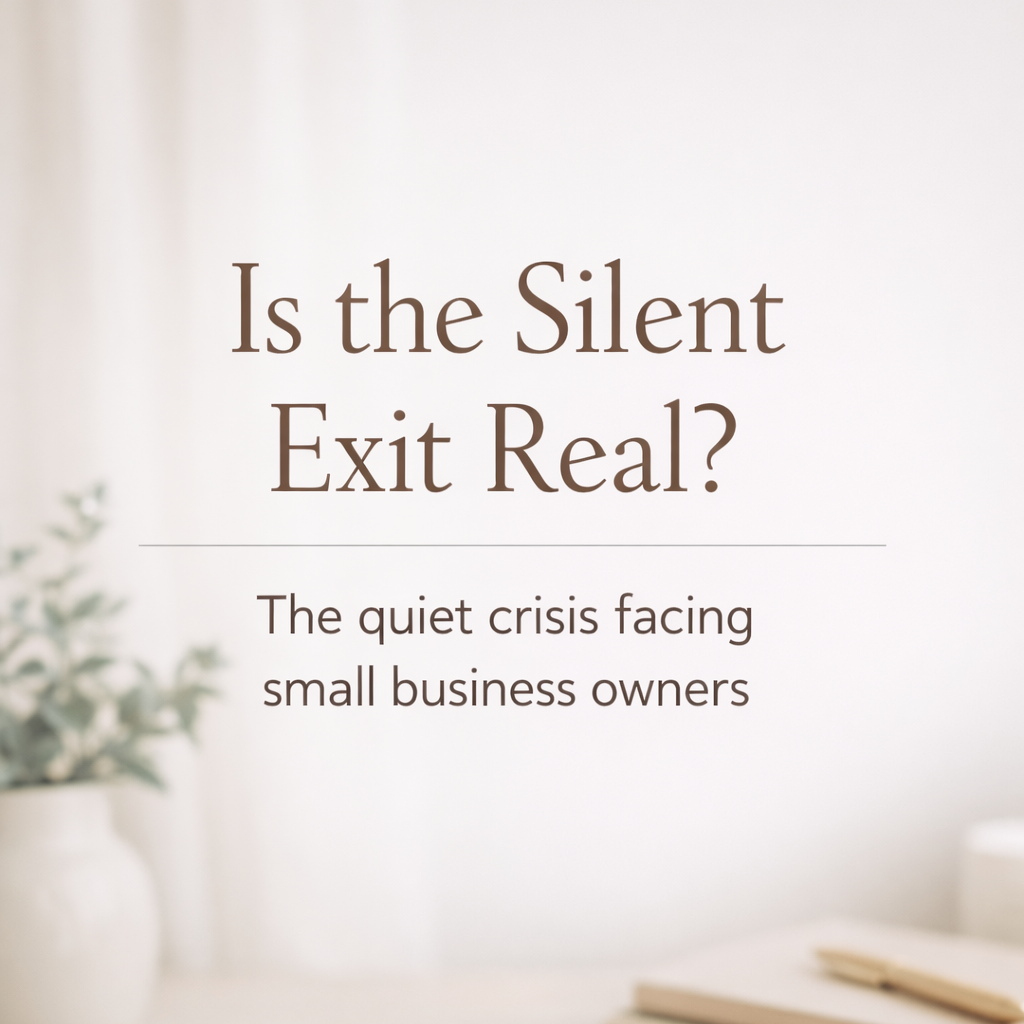Motivating Your Team with Health Perks
Motivating Employees with Wellness:
Creative Ways to Energize Your Small Business Team
If you’re a small business owner, you already know: your team is everything. Whether it’s two people or twenty, the energy and wellbeing of your team directly impacts how your business runs—and how it grows.
But in a world full of burnout and overwhelm, traditional motivation strategies are falling flat. People don’t need another “hustle harder” poster or another pizza party. What they need is energy—and that comes from feeling physically, mentally, and emotionally well.
Luckily, you don’t need a Google-sized budget to offer wellness perks that actually work. Here’s how to motivate your employees through health, wellbeing, and intentional support—even on a small business budget.
Why Wellness Perks Work (Even More Than Bonuses)
Burnout isn’t just a personal problem—it’s a business liability. It leads to higher turnover, lower productivity, and disengagement. And in a small business, one disengaged employee can affect your entire operation.
When you help your team sleep better, move more, and take care of their mental health, you’re not just being kind—you’re being smart. Wellness leads to:
Improved focus and cognitive function
Fewer sick days
Higher morale
Stronger collaboration
Greater loyalty and retention
And here's the key: wellness perks don’t have to be big or expensive to be effective. They just have to show your people that their health matters to you.
Low-Cost Wellness Perks You Can Offer Today
Let’s break down some practical, realistic ways to support wellness in your business—even if you don’t have an HR department or corporate budget.
1. Start a Step Challenge with the StepBet App
Encourage friendly movement challenges using StepBet—a free app where users bet on hitting daily step goals. If they hit their goals, they win part of the pooled pot. You can sponsor the first round or offer a small reward to the highest step count at the end of the month. Check out StepBet.com and get your team moving today.
Why it works: It’s fun, gets people moving, and creates community even among remote teams.
2. Subsidize or Trade for Local Gym Memberships
Even if you can’t pay full memberships, offering a partial subsidy—like $25/month—or trading services with a local gym can go a long way. Barter marketing help, event hosting, or other skills for a few discounted memberships for your employees.
Why it works: Encourages regular exercise and builds local partnerships.
3. Offer Hatch Sleep Alarm Clocks or Sleep-Enhancing Gifts
Sleep is one of the most overlooked aspects of productivity. Consider gifting a Hatch alarm clock to one standout employee or offering a sleep-themed gift pack with blackout masks, herbal teas, or blue-light glasses. Check out the Hatch Sleep devices that can impact your sleep.
Why it works: Sleep boosts focus, mood, and decision-making—and it’s often where employees need help most.
4. Gift Oura Rings or Offer a Monthly Wellness Draw
The Oura Ring tracks sleep, readiness, and activity. You could offer one as a yearly reward or create a monthly drawing for a wellness tech prize—Oura ring, Hatch clock, or other tool—to keep things engaging. Check out Oura For Business to see how they can support your business.
Why it works: Encourages personal accountability and shows you’re invested in their long-term health.
Check out these blog posts all about wellness:
5. Farmers Market or Health Store Gift Cards
Instead of a generic gift card, give employees $20–$40 gift cards to your local farmers market or natural food store. It supports healthy eating and local businesses—win-win.
Why it works: Encourages nutritious food choices and supports the local economy.
6. Wellness Time or Flex Hours
Give your team 1–2 “wellness hours” per week to use for a walk, a therapy appointment, a stretch break, or even a midday nap. You could also offer one “Wellness Friday” a month where the team logs off early.
Why it works: Time is one of the most valuable gifts you can give. Flexibility promotes trust and prevents burnout.
7. Group Workout Breaks (No Gym Needed)
Set aside 10 minutes once a week for a guided stretch, Pvolve-inspired movement, or a quick HIIT session. You can lead it yourself, rotate leadership, or pull up a YouTube video and screen-share.
Why it works: It’s free, it builds connection, and it gives people an energy boost midday.
8. Mental Health Check-Ins or Calm Spaces
Create a culture where it’s safe to say, “I need a day.” If your team is in person, designate a quiet area as a recharge space. If remote, encourage screen breaks and honor mental health days without guilt. Or establish a container garden in the office. Learn about Self-Care Container Gardens.
Why it works: Trust is a powerful motivator, and caring about mental health makes people more loyal and more present.
Check out the Feel Good Office Blog Series to revamp your office space into a relaxing, calm workspace.
Make It a System, Not a One-Off
To make wellness part of your culture—not just an occasional bonus—build it into your regular rhythms:
Include a wellness tip in your team newsletter or Slack channel
Start meetings with a check-in question about energy or stress levels
Celebrate healthy habits (without shaming anyone)
Offer anonymous feedback surveys to ask what support they’d like
Even if you're a solo founder with part-time help, modeling wellness and integrating it into your systems can set the tone for everyone.
What If You Can’t Afford Anything Right Now?
You don’t need to spend a dollar to start shifting your culture. Try:
Encouraging lunch breaks away from screens
Sharing your own health goals and asking your team theirs
Making sure your deadlines respect rest time
Normalizing walking meetings or “camera off” work hours
Motivation starts with energy—and energy starts with health.
Final Thought: A Motivated Team is a Healthy One
You don’t need to lead a massive company to offer meaningful wellness perks. In fact, small businesses are uniquely positioned to treat employees like humans, not headcount.
When you support their health, you support their ability to show up for your business. It's not just a perk—it’s a strategy.
Start small. Be consistent. And don’t underestimate how powerful it is to tell your team:
“Your health matters here.”

































Not every business is sellable. And just because a business makes a profit, does someone want to buy it. So much plays into the sale of business. At the end of the day, you are selling a job. Here are 10 tips to add value to your biz and get it sold.